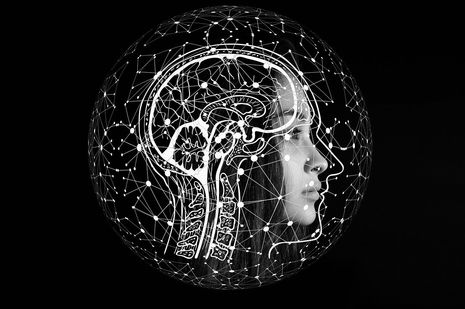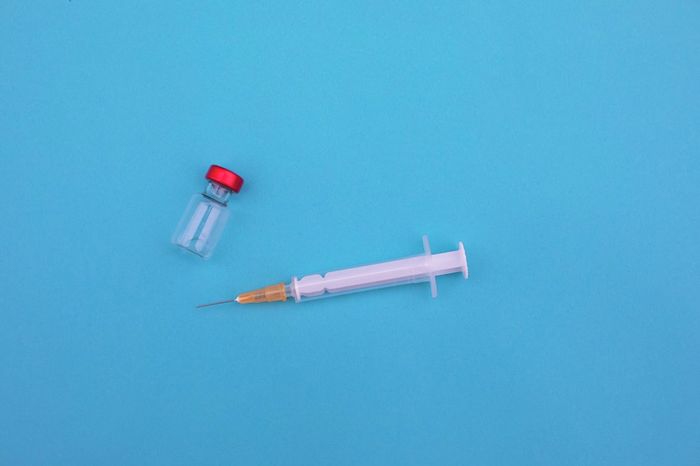Taking on the pseudoscience crisis
In this edition of Cambridge Spotlight, Christopher Cheng, Barty Wardell and Naomi van den Berg explain why pseudoscience can be such a threat to academia and personal lives, and introduces Students Against Pseudoscience: a Cambridge-based initiative targeting the issue

Nearing 2022, the average student today is so used to consuming and processing information digitally, that it is hard to imagine how using a basic word processor was once considered a special skill put on CVs. Post-Digital Revolution, it is no surprise that mis- and disinformation have found ways to benefit from the new information infrastructure: for instance, false ‘facts’ spread at least six times faster across social media than does factual information.
Pseudoscience represents a unique and growing problem, as truly engaging with it requires a broad knowledge which extends from philosophy to statistics – a uniquely acquired skillset. There is a serious need for a platform for multidisciplinary and cross-sector exchange on tackling these problems, from academia to personal lives. Students Against Pseudoscience is a pioneering student-run initiative based in Cambridge aiming to combat misinformation, communication, and scepticism.
Given the scale of the problem and the severity of its consequences, there is a clear gap in the discourse, particularly within the communities facing the issues most strongly, including student bodies, politics, journalism, education, and medicine. There is a genuine and desperate need to break out of echo chambers and reach those who are most susceptible to misinformation.
“There is a genuine and desperate need to break out of echo chambers and reach those who are most susceptible to misinformation”
It’s important to note that no one is immune to misinformation. As proponents of the cause against misinformation, Students Against Pseudoscience consider it crucial that we embrace that. We are students ourselves in the process of learning. We are therefore not here as intellectuals and experts, to delineate the known from unknown, the fact from fiction, or indeed, science from pseudoscience. As students, however, we are uniquely placed to have the time, the ability, and the resources to learn, to educate, and empower those around us, to think how we could have been taught differently and to stand up to active disinformation whenever appropriate.
“As students, however, we are uniquely placed to have the time, the ability and the resources to learn, to educate, and empower those around us, to think how we could have been taught differently and to stand up to active disinformation whenever appropriate”
Being against pseudoscience comes from the self. It comes from awareness of our socio-political environment, our psychosocial motives, and our cognitive biases. It grows with knowledge, depends on attention, and matures as we navigate our relationship with our emotions, identities, and the entities that we trust. We are here to advocate for the ways all of us can do that for ourselves, and by extension empower one another, as well as loved ones or strangers, scientifically-minded or otherwise. We need to be less interested in tactlessly telling people all the ways we perceive them to be wrong, but more so understanding the wider factors that precipitate these issues. Regardless of position, we believe all deserve the opportunity to take on these skills, develop insight, and work out for themselves the way they understand the world.
The primary aim of Students Against Pseudoscience, therefore, is to open up this discourse, and to empower future scientists and decision-makers. We know there has never been a better time for this and we value every person who can be a part of this new movement, in whatever capacity they can offer. We invite speakers and writers, raise awareness on social media, and support wider efforts on inoculation and improving scientific communication. We educate, advocate for critical thinking, and build bridges across academic disciplines, engaged communities, and professional sectors. We also organise workshops, through which we facilitate open, respectful, and out-of-the-box discussions on these issues.
Going forward, hosting live speaker events will continue to allow us to understand discourse in the existing space from a variety of perspectives. From doctors and teachers, to researchers, and activists, to everyday people, we seek to approach these issues not only from epistemological, psycho-behavioural, and socio-political perspectives – but also personal perspectives.
Our vision isn’t necessarily confined to Cambridge. We are in a unique place where – if done in the right way – we can spread our message to other universities and potentially beyond. We believe that fighting pseudoscience and misinformation has become more important than ever. We have the opportunity to drive conversation and promote our message – the work we do in this society has the potential to persist for years.
 News / SU reluctantly registers controversial women’s soc18 December 2025
News / SU reluctantly registers controversial women’s soc18 December 2025 Features / Should I stay or should I go? Cambridge students and alumni reflect on how their memories stay with them15 December 2025
Features / Should I stay or should I go? Cambridge students and alumni reflect on how their memories stay with them15 December 2025 News / Dons warn PM about Vet School closure16 December 2025
News / Dons warn PM about Vet School closure16 December 2025 News / Cambridge study finds students learn better with notes than AI13 December 2025
News / Cambridge study finds students learn better with notes than AI13 December 2025 News / Uni registers controversial new women’s society28 November 2025
News / Uni registers controversial new women’s society28 November 2025









